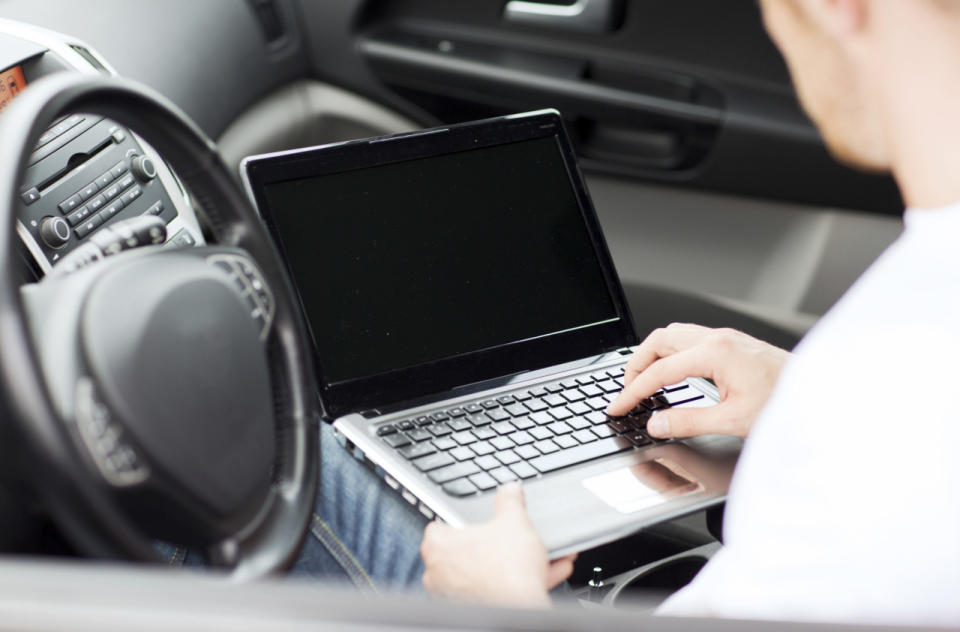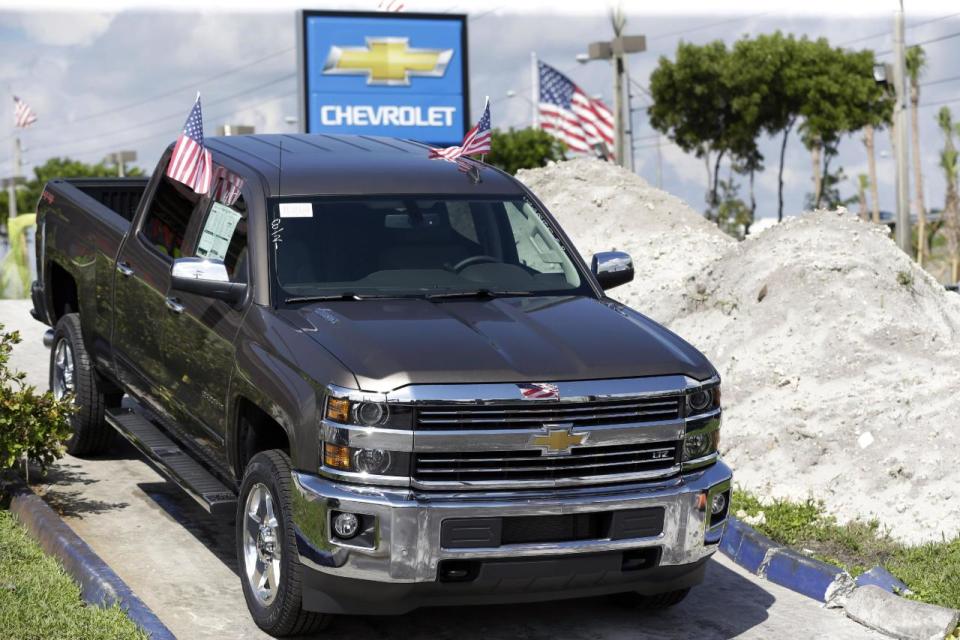DMCA Ruling Ensures You Can't Be Sued For Hacking Your Car--For Now

There was a big win for the digital rights community today, with a ruling that ensured it was legal for anyone to tinker with their motor, their iPhone or whatever technology they’d purchased. But the freedoms will only last for three years, when the fight between anti-tinkering corporations and activists will resume, absent any major legislative changes.
Prior to today’s decision by the Librarian of Congress, car manufacturers, the most vocal being General Motors, had attempted to block an exemption, the proposed Class 21 in the Digital Millennium Copyright Act (DMCA), that would allow anyone to play with the code that ran on vehicles they’d bought. It would do so by granting a degree of immunity from possible prosecutions using Section 1201 of the DMCA, which prohibited unlocking “access controls” in software.
GM claimed the exemption “could introduce safety and security issues as well as facilitate violation of various laws designed specifically to regulate the modern car, including emissions, fuel economy, and vehicle safety regulations”. Agricultural, construction and forestry equipment manufacturer John Deere offered a somewhat left-field opinion, claiming the exemption might allow drivers to listen to pirated music and audio books or watch copyrighted films in their tractors or other vehicle.

Companies like GM opposed an exemption that would allow owners to tinker with its cars’ code (Chevrolet Silverado photo courtesy of AP)
Supporters of Class 21, however, argued that researchers needed access to vehicles’ code to uncover potential vulnerabilities and that anyone who paid for a product should be able to alter it how they wished. Cars have become increasingly connected in recent years, providing more functionality but opening up potential weaknesses that could be exposed by malicious hackers. Tinkerers also see the added connectivity as an avenue for modification.
Their case was helped by a year that saw numerous issues raised with vehicles’ security, including a remote control attack on a Jeep and hacks of the OBD 2 port used for car monitoring and maintenance. The Volkswagen scandal, where software was used to make it appear the car was adhering to emissions standards when it was not, may also have provided more reasons to allow independent testers to probe automobiles’ code.
And, following months of protest from the Electronic Frontier Foundation (EFF), the security research community, benevolent hackers and scores of other activists, the final decision was to pass the exemption. A separate decision to renew a previous exemption for jailbreaking iPhones and other mobile devices was also granted. Another ruling meant computer game enthusiasts could modify their games to continue playing them even after support was killed off.
“This ‘access control’ rule is supposed to protect against unlawful copying,” said EFF staff attorney Kit Walsh. “But as we’ve seen in the recent Volkswagen scandal - where VW was caught manipulating smog tests - it can be used instead to hide wrongdoing hidden in computer code. We are pleased that analysts will now be able to examine the software in the cars we drive without facing legal threats from car manufacturers.“
It seems the road to digital freedom is a long, winding one.
More at Forbes
GM Getting High On Truck Profits Again – Why It’s Different This Time
Automakers Will Be More Dependent On Smart Software Engineers In The Future
For Ford, Citing Silicon Valley Bogeymen Won’t Work With UAW

 Yahoo Autos
Yahoo Autos 